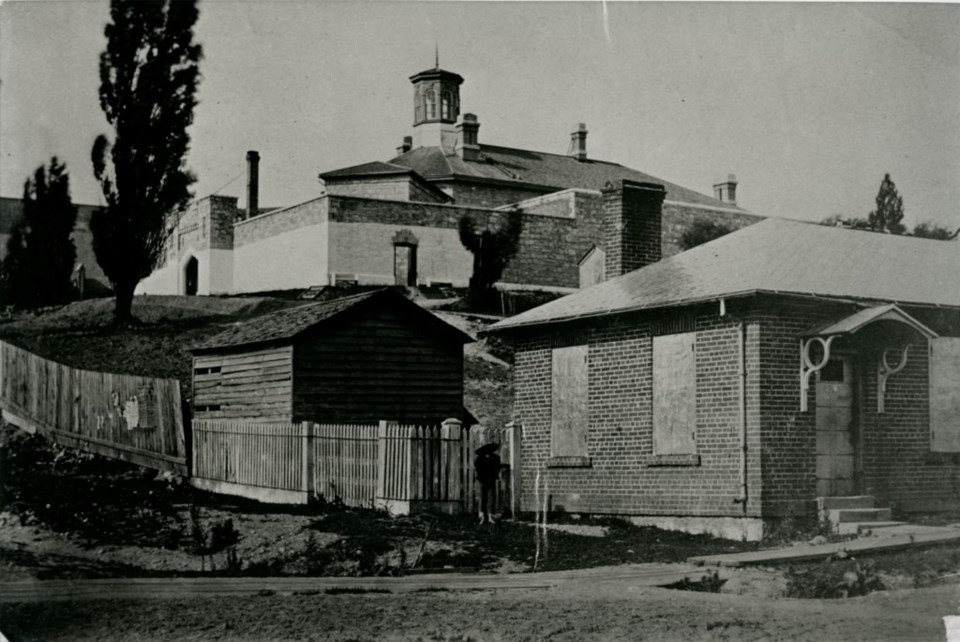Moses Hayter
Among early Innisfil settlers, Moses Hayter had one of the more colourful life stories.
Hayter was born in England in 1795. As an adult, he operated a grocery in London. When the business began to struggle he quickly became disillusioned with his lot. In search of new prospects, in 1832 he immigrated to Canada.
If he had expected a land of milk and honey, he was in for an immediate rude awakening.
Hayter settled near Big Bay Point, built a shanty, cleared some land, and planted a field. Sadly, his first crop was worryingly meagre.
The winter of 1832 was harsh and the newcomer, inexperienced in the intricacies of frontier life, soon found his family looking starvation in the face. In desperation, he wrote a letter to Samuel Lount, a Holland Landing blacksmith, farmer and surveyor, who he was told often extended a helping hand to settlers in need.
“By the advice of Mr. Soules [a neighbour of Hayter’s and the first settler at Big Bay Point], I have ventured to ask you as a great favour to advance me one barrel of flour by which strict economy may be the means of prolonging our lives until I can raise enough to live on and pay you. Nothing but straitened circumstances impels me to approach you in this unusual manner. Hoping you will not be offended by my request and will grant my petition; I shall ever remember you in my prayers to the Author of all gifts”
In response to this desperate plea, Lount immediately sent two barrels of flour by boat, never asking for recompense. It was enough to get through to spring.
After his first disastrous season in Canada, Hayter established a self-sufficient farmstead and built the first sawmill on Big Bay Point. Later, Hayter would become Barrie’s first jailer, serving in that capacity from 1843-1852. He retired after an inmate savagely beat his wife.
Moses Hayter died on October 9, 1864.



